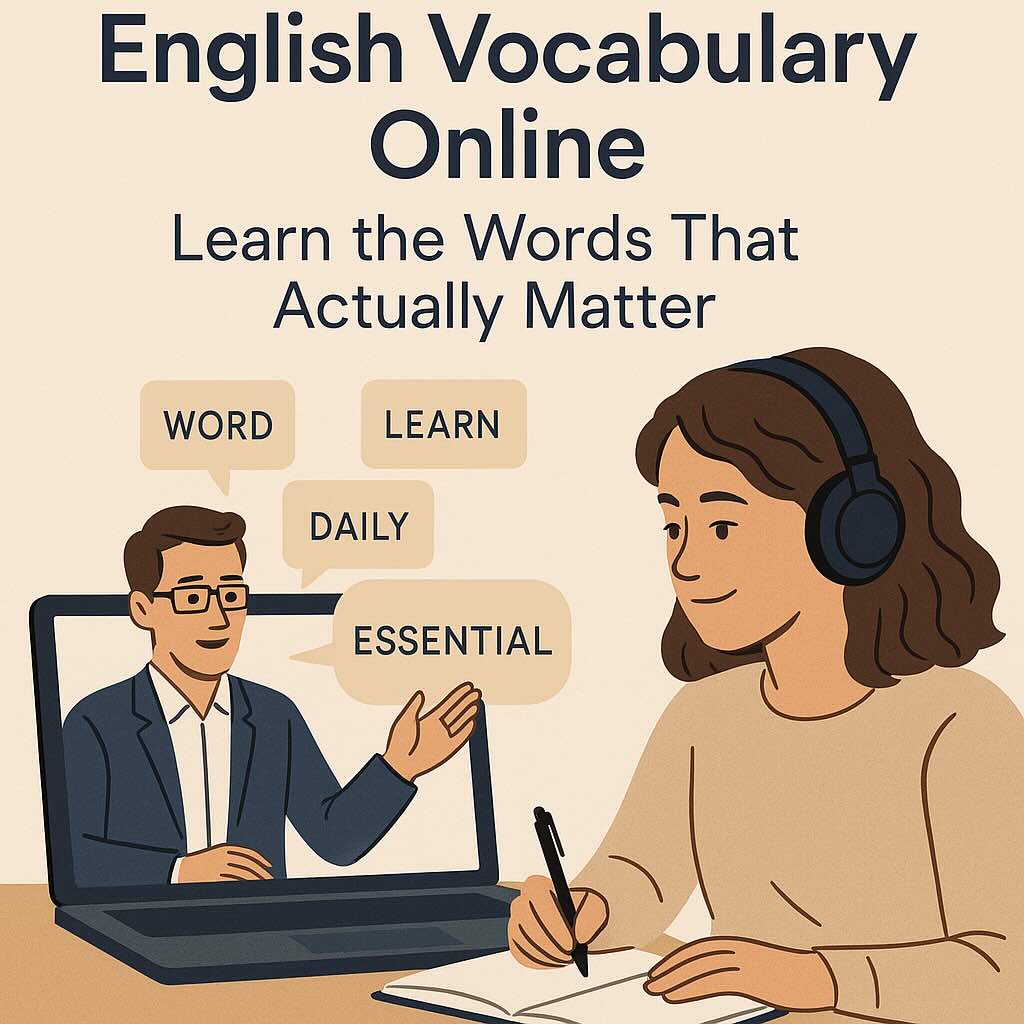Why Possession Is Confusing
English shows possession in two main ways: with ’s and with of. Both can mean “belonging to,” but they are used in different contexts. Let’s make this clear with simple rules.
Rule 1: Use ’s with People, Animals, Time
We add ’s after a person, animal, or time expression.
- my friend’s book
- the teacher’s desk
- the dog’s tail
- today’s meeting
👉 ’s is natural for living beings and time-related nouns.
Rule 2: Use Of with Things and Long Phrases
We use of when talking about objects, ideas, or longer expressions.
- the roof of the house
- the capital of France
- the end of the street
👉 “of” feels more formal and is common in writing.
Rule 3: Mixed and Special Cases
Some expressions can use both, but one is more natural:
- the country’s history ✅
- the history of the country ✅ (more formal)
Special cases:
- the children’s toys (plural with ’s after children)
- the Queen of England (titles often use of)
Quick Table
| Use | Example |
|---|---|
| ’s → people/animals/time | my sister’s car, the cat’s food, tomorrow’s plan |
| of → things/long phrases | the name of the book, the color of the sky |
Mini Quiz
- The ___ (teacher / desk) is very big.
→ teacher’s desk - What is the ___ (capital / France)?
→ capital of France - Did you read yesterday___ newspaper?
→ yesterday’s newspaper - The ___ (roof / house) is red.
→ roof of the house
Common Mistakes
❌ the car of my brother (too formal in English)
✔️ my brother’s car
❌ the tail’s dog
✔️ the dog’s tail
FAQ
Q: Can we use ’s with objects?
A: Sometimes, but it sounds informal. The car’s engine is fine, but usually we say the engine of the car.
Q: Is “of” always more formal?
A: Yes, especially in academic or written style.
Q: What about plural nouns?
A: Add ’s or just an apostrophe: the students’ books.
Final Tips
- ’s → people, animals, time
- of → things, formal, long phrases
- Both are possible sometimes, but usage depends on context and style.

Explore More
👉 Countable vs Uncountable Nouns: A Quick Guide
👉 English Learning Page
© Author’s concept by Tymur Levitin — founder, director, and lead teacher of Levitin Language School (Start Language School by Tymur Levitin).
























